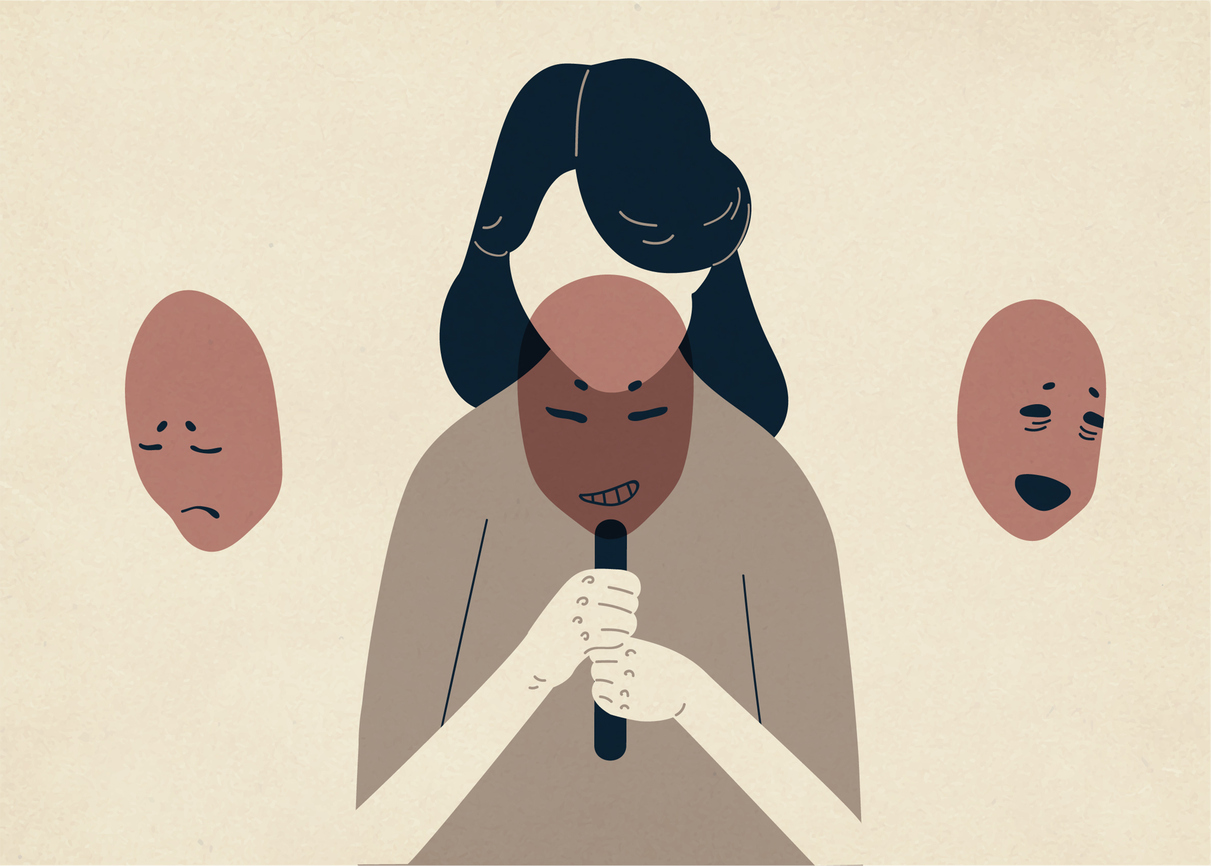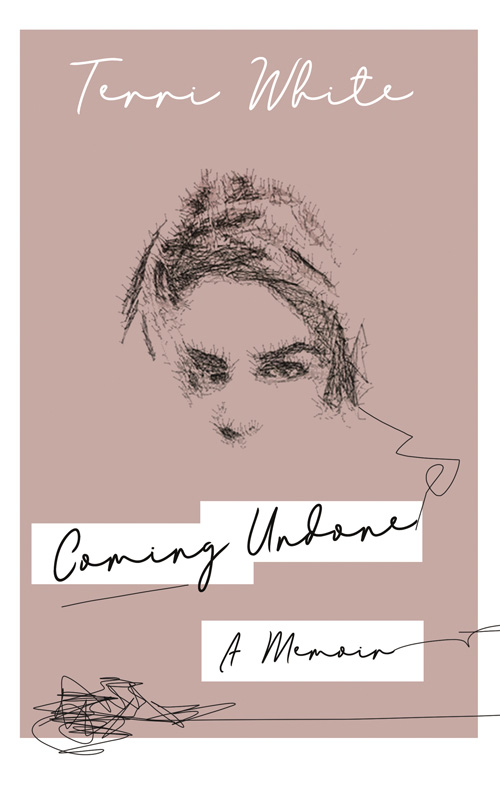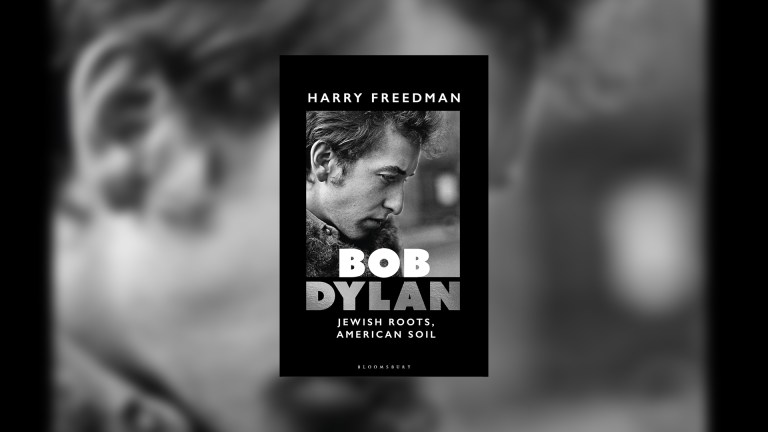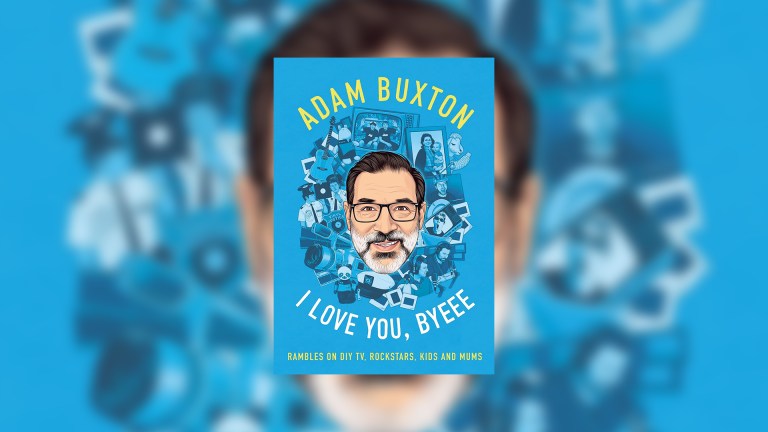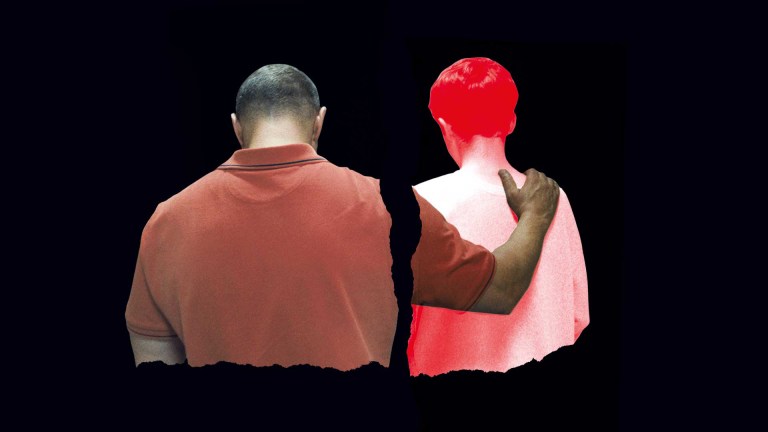After a series of straight-forward fictions, Curtis Sittenfeld latest work, Rodham, sees her return to the form which made her name as a writer; the true-life biographical novel. 2008’s American Wife, in which she crept into the head of First Lady Laura Bush, was an overwhelming success, critically, creatively and commercially. No surprise then that Sittenfeld has re-visited the same terrain, though this time she’s added an audacious twist; Rodham isn’t just the imagined inner life of a political giantess, it’s a ‘what if’ of seismic proportions; what if Hillary hadn’t married Bill?

Of all the Sliding Doors fantasies offered by the last forty years of top-tier American office, this may be the most mouth-watering. Rodham begins in 1957, with Hillary being told, aged 9, that she is ‘awfully opinionated for a girl.’ Sittenfeld takes us through Hillary’s college years and early meetings with the dazzling Bill Clinton, regularly reminding us of Hillary’s great intellect, ambition, and strong sense of public duty. But it is the romantic life of her subject that Sittenfeld is most interested in, and she’s not afraid to go where Hillary herself would not contemplate going (in public at least); into the Clinton’s’ bedroom.
Would the real Hillary really have been left knock-kneed by poetic eulogies like ‘You have great tits’?
It’s fun to consider how exciting and flattering it might have felt to be ‘subsumed’ by Yale’s charismatic, copper-maned lion king. In Rodham, it’s also a stretch in terms of believability. In her own, less dewy-eyed memoir, Hillary writes of how young Bill seduced her by being ‘expressive, attractive, resilient.’ It’s hard to imagine the tough-minded college student recounting every belly flutter and heart spasm Bill stirred with quite such simpering school-girl awe as Sittenfeld’s does.
Would she really have been left knock-kneed by poetic eulogies like ‘You have great tits. And your little waist, and your nice soft bum, and your delicious honey pot’? Wouldn’t she have stifled a tiny titter when, still naked after some rousing sex, he revealed his hitherto hidden saxophone skills, offering an ‘unobscured view of his pale buttocks as he bent, opened the case, and pulled out the golden instrument’?
The novel is on sturdier ground when detailing the unspoken misogynistic etiquette which dogs Hillary from junior school to Senatorship. She learns quickly that popular girls don’t outperform boys, and that to broaden her appeal she must consistently diminish her own accomplishments.
The systematic sexism of every hierarchical patriarchy on the planet isn’t a groundbreaking observation, but Sittenfeld convincingly evokes the waves of disappointment and frustration Hillary bears as she makes her way – as a sometimes lonely, frequently betrayed single woman – from first-rate lawyer to.. well, now that would be telling. Suffice to say, in this ultimately pleasurable soap opera, some wrongs have been satisfyingly righted.
